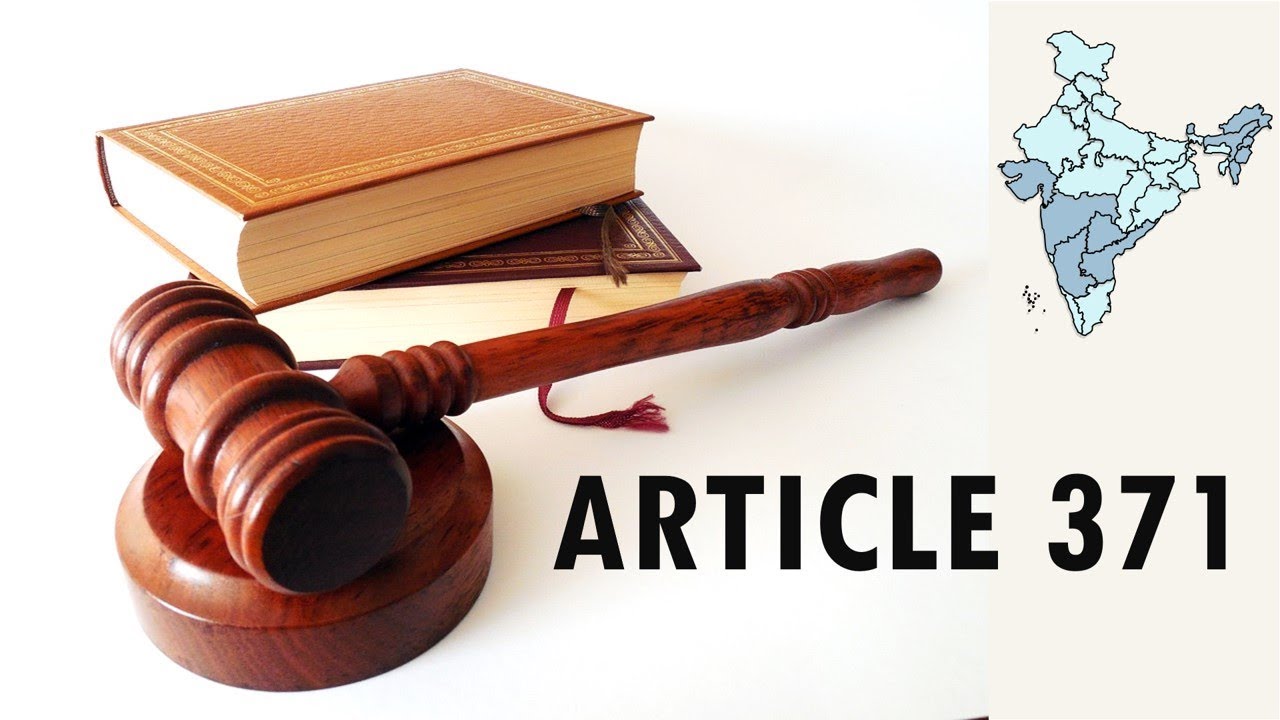news details |
|
|
| Centre explores safeguards for Ladakh; Article 371, selective Sixth Schedule provisions under study | | |  Early Times Report Early Times Report
Jammu, Nov 24: Even as agitating groups from Ladakh have submitted a detailed 29-page memorandum to New Delhi, the Ministry of Home Affairs (MHA) is now reportedly examining a fresh set of constitutional safeguards for the Union Territory. The proposal under consideration blends key elements of Article 371 with selective provisions of the Sixth Schedule, in what officials describe as an attempt to craft a “region-specific protective mechanism” for Ladakh.
The renewed initiative comes at a time when negotiations between the Centre and Ladakh’s principal stakeholders—the Leh Apex Body (LAB) and the Kargil Democratic Alliance (KDA)—have reached a prolonged stalemate. The two groups have been demanding stronger constitutional guarantees ever since Ladakh was carved out as a separate Union Territory in 2019.
The Sixth Schedule of the Constitution grants significant autonomy to tribal areas in the Northeastern states, while Article 371 offers customized protections related to land rights, employment, and cultural identity in several regions across India. According to official sources, the Centre is now evaluating a “middle-path” model that draws from both these provisions—without fully granting Ladakh either Sixth Schedule status or the complete autonomy sought by the regional leadership.
Officials said the proposed framework aims to ensure “foolproof protection” of Ladakh’s land, jobs, environment, and unique cultural heritage. Such constitutional backing, the Centre believes, could help address longstanding regional concerns while maintaining administrative flexibility required for a strategically sensitive border territory.
During the MHA Sub-Committee meeting held on October 22, LAB and KDA representatives once again reiterated their core demands—restoration of full statehood and inclusion of Ladakh under the Sixth Schedule. They reportedly told the Centre that any promise of autonomy would remain superficial without an elected government.
Agitating leaders argued that only a democratically elected government can safeguard Ladakh’s long-term interests. They maintained that excessive bureaucratic control from New Delhi risks diluting protective measures.
Though the MHA is reluctant to extend the Sixth Schedule—largely reserved for tribal-majority regions of the Northeast—it has expressed willingness to explore a hybrid constitutional arrangement rooted primarily in Article 371, with carefully selected Sixth Schedule protections added where necessary.
Both LAB and KDA have now begun wide-ranging consultations with constitutional scholars and legal experts. Their objective is to prepare an elaborate, consensus-driven framework that merges aspects of Article 371, and certain provisions of the Sixth Schedule. This consolidated proposal is expected to be placed before the next meeting of the High-Powered Committee (HPC), headed by Minister of State for Home Affairs Nityanand Rai.
Apart from the larger constitutional question, Ladakh delegations also flagged several pressing issues during discussions with the Centre. These include demands for compensation to victims of the September 24 violence, withdrawal of the National Security Act (NSA) invoked against climate activist Sonam Wangchuk, and the release of all detained individuals linked to recent protests.
The MHA is expected to convene the next round of talks soon, where a more structured and possibly breakthrough-oriented proposal may be tabled. |
|
|
|
|
|
|
|
|
|
|
|
|
| |
| |
|
|
|
|
 |
|
|
